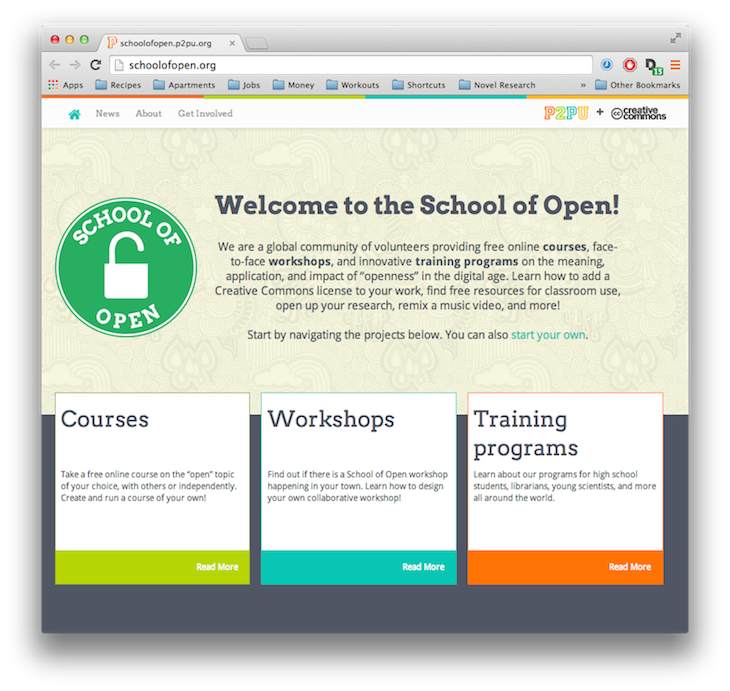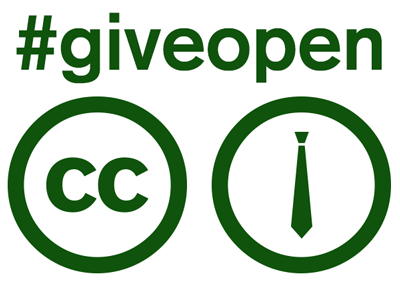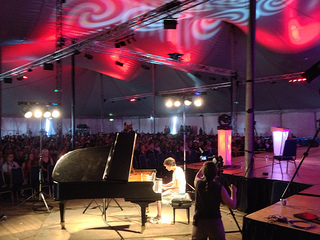School of Open gets a facelift, plus other news
mardi 17 juin 2014 à 18:48Since our last comprehensive update, the School of Open has been creating new courses, planning continent-wide launches, conducting research, and making itself over.
New Web Space
We have a new web space! Previously, communications about our major projects have been scattered throughout the blogosphere and various wiki, Lernanta, and WordPress pages. But today we are happy to announce that there is one place you can visit to learn about and get involved with the School of Open, including newbies who just want to find a course to take.
Our web address hasn’t changed; it’s still http://schoolofopen.org. We invite any and all feedback at our new discussion space.
New Courses
After wrapping our first round of facilitated courses on copyright, Creative Commons, and Wikipedia earlier this year, we continued to develop courses for independent or group study. Here are the ones we recently launched, including a collaboration with Mozilla’s Webmaker initiative!
(Check out all of our stand-alone courses regardless of when they launched.)
→ How to use Open Educational Resources (OER)
Developed by Boyoung Chae and co. over at the Washington State Board for Community and Technical Colleges (SBCTC), this course was initially designed to help onboard community college faculty and staff with the CC BY–licensed textbooks coming out of WA’s Open Course Library project. We’ve since worked with them to adapt the course for the general public!
The self-paced modules walk you through how to incorporate open educational resources into your teaching practice, in addition to using open licenses and locating existing OER. One past participant said,
“How to Use OER is a great introduction to this amazing development in education. This will establish a good foundation for understanding the various components of open resources or fill in gaps that you might have. I am grateful the course will remain open after completion so that the materials and discussions can be revisited.”
→ ABC of Copyright for Librarians in Latin America
This Spanish language course seeks to help librarians and library users strengthen their knowledge of copyright laws in Latin America and the challenges that exist to access to information in the 21st century. CC affiliates from Colombia, El Salvador and Uruguay, in collaboration with the Karisma Foundation, developed this course in response to increasingly restrictive copyright laws in Latin America and around the globe. The course contains examples, analysis and open models based on Latin American cases and legislation. Read more about the course launch here.
→ Mozilla Webmaker Training for Teachers (and other web users)
Mozilla Webmaker is all about transforming web users into web makers, aka citizens of the web who do more than just consume content, but also create it while leveraging open resources and tools. The new Mozilla Webmaker Training for Teachers embeds knowledge about open throughout its set of self-paced modules that will help you to:
- “Integrate the mechanics, culture and citizenship of the web into your practice.”
- “Bring creativity to your teaching through open, participatory methods.”
- “Connect with fellow mentors and educators (especially those in your local area) to share knowledge and resources.”
New Survey
In collaboration with the OER Research Hub, we’ve been conducting research on the impact of School of Open courses. As part of this project, we invite you to participate in a survey we created for participants of stand-alone courses.
If you haven’t taken a course yet but plan to, the survey is linked at the end of every stand-alone course so you can take it when you do complete it. The survey will remain open through the end of August. If you have ever gone through a School of Open course on your own, please:
New Plans for a School of Open Africa
Volunteers in Kenya, South Africa, Tanzania, and Nigeria are planning for a School of Open Africa launch in September. Each region will develop and run a training program or course on the use and application of open resources. Stay tuned for a guest post detailing plans, and check out the current programs running in Kenya and South Africa for now:
→ School of Open Kenya Initiative
→ Creative Commons for Kids (South Africa)
→ Activate Africa (South Africa)
Interested in any of the above activities? Get Involved.
To receive future updates like this one, sign up for School of Open Announcements.
About the School of Open
The School of Open is a global community of volunteers focused on providing free education opportunities on the meaning, application, and impact of “openness” in the digital age and its benefit to creative endeavors, education, and research. Volunteers develop and run online courses, offline workshops, and real world training programs on topics such as Creative Commons licenses, open educational resources, and sharing creative works. The School of Open is coordinated by Creative Commons and P2PU, a peer learning community for developing and running free online courses.






